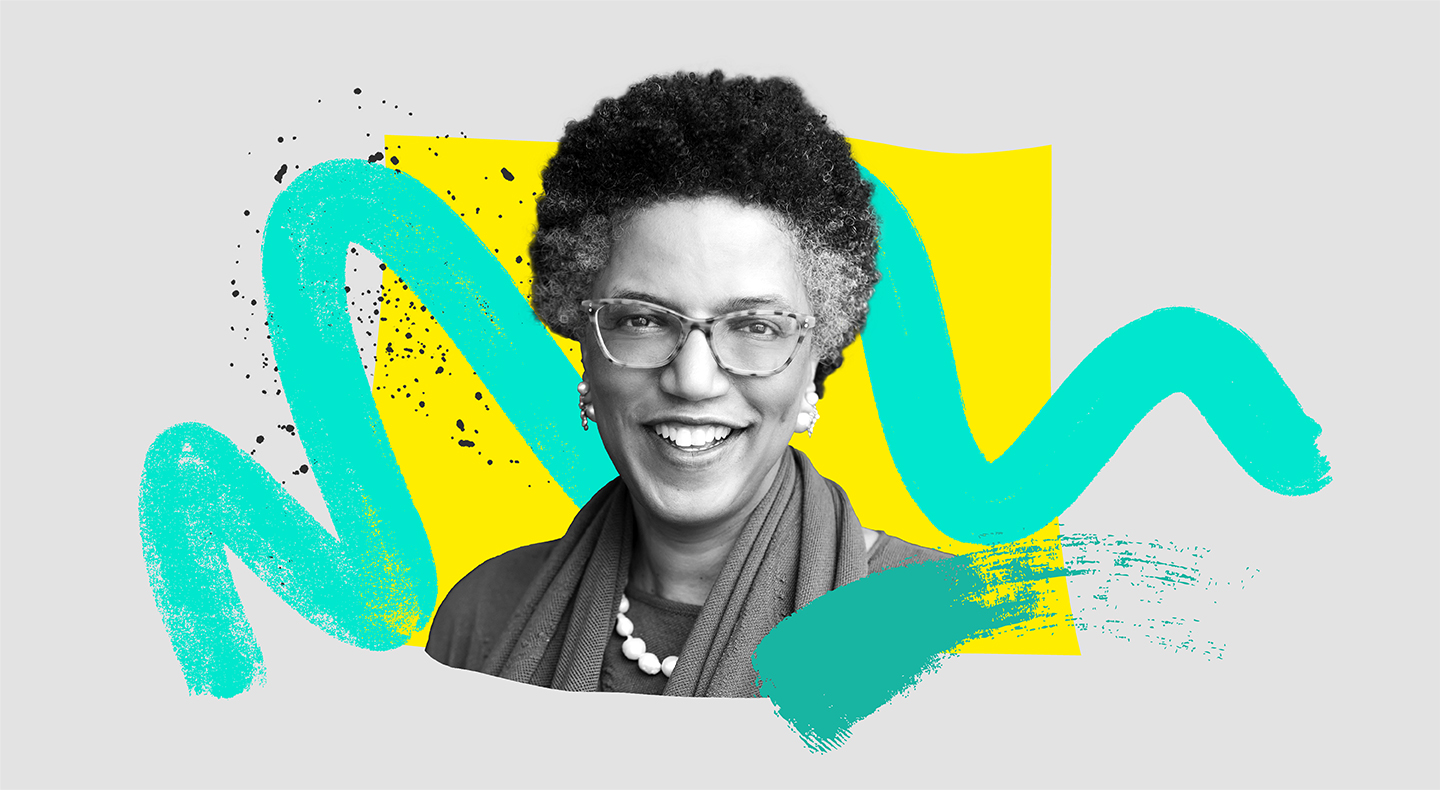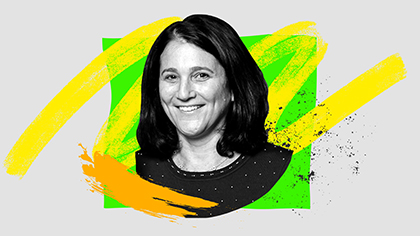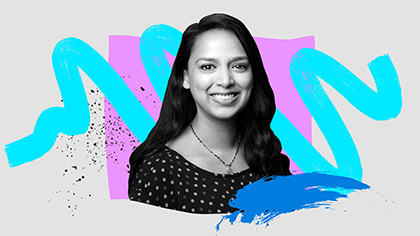What are the new skills leaders can use to build trust, energize their teams—and discover their own blind spots? The WorkLab podcast took those big questions to Harvard Business School professor Linda Hill , whose exhaustive research and interviews with global executives give her deep insight into leadership development.
Hill, who also chairs Harvard Business School’s Leadership Initiative, offers practical advice for managing when the economy feels uncertain, or for navigating “in a fog,” when people want reassurance that leaders are present and understanding. (As Hill says, “We always need to be asking ourselves, ‘How do people experience me? How do they experience themselves when they’re with me?’”) Three other big takeaways from this conversation:
Also in this episode: Michael Dent , senior director of leadership development at Microsoft, outlines the three principles that guide the company’s approach to helping leaders grow.
WorkLab is a place for experts to share their insights and opinions. As students of the future of work, Microsoft values inputs from a diverse set of voices. That said, the opinions and findings of the experts we interview are their own and do not reflect Microsoft’s own research or positions.
You can follow the show on Apple Podcasts, Spotify, or wherever you get your podcasts.
Here’s a transcript of the Episode 6 conversation.





